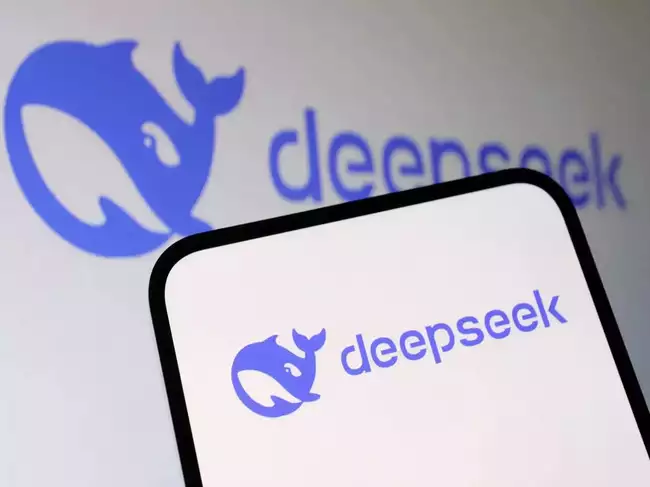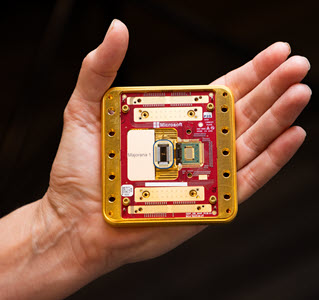The latest AI chatbot DeepSeek can communicate directly with users in real time just like ChatGPT. However, unlike ChatGPT, DeepSeek’s V3 model was developed for a fraction of the cost—only six million dollars worth of computing power. While this may seem like a large sum, it’s important to note that running OpenAI’s ChatGPT-01 model is estimated to cost around four and a half million dollars per training epoch (or round). Given that ChatGPT is trained hundreds, if not thousands, of times, this makes it far more expensive to maintain than DeepSeek’s current model. A model which requires this little training cost is unheard of until now.
DeepSeek is a Chinese tech company founded in 2023 by billionaire Liang Wenfeng. The company’s model has rapidly brought rise to uproar in both technological and ethical spheres. One major factor is the model’s high performance capabilities, which have positioned DeepSeek as a direct competitor to the top-tier AI models currently on the market. In addition, the low computation cost of DeepSeek’s model has caused a rift in the industry, causing a massive shift in consumer interest. As of now, the only model filling that gap is DeepSeek, which is why millions of users are flocking to try the model.
The rapid rise of DeepSeek has also had a major financial impact, with big-tech companies such as Nvidia, Google, and OpenAI experiencing significant drops in stock value. This shift in market dynamics has led to a staggering loss of one trillion dollars in the American stock market, as investors and consumers alike react to DeepSeek’s disruptive potential. This massive drop hit an enormous amount of investors hard, as established AI companies are a humongous portion of stock interest for both businesses and individuals.
Going further, because DeepSeek is a Chinese company, there has been much speculation regarding the safety of the model. The model has various methods of censorship set in place so as to not disrupt Chinese law. This sentiment brings rise to a legitimacy issue. People wonder if the information provided by the model is correct or if it is misleading. Also, people wonder what the app does with the personal information it collects. Several ethical debates arise from this, like if the model be allowed in America. These ethical debates can be seen in other apps operated outside of the US, like TikTok.
As AI advances, and models become cheaper and more readily available, ethical issues are sure to arise, and market trends are sure to be reshaped. Several questions are left unanswered, like how cheap these models get, how accurate can they become, etc. With each passing day, new discoveries are made in AI and technology is further reshaped.














